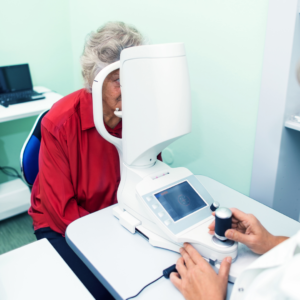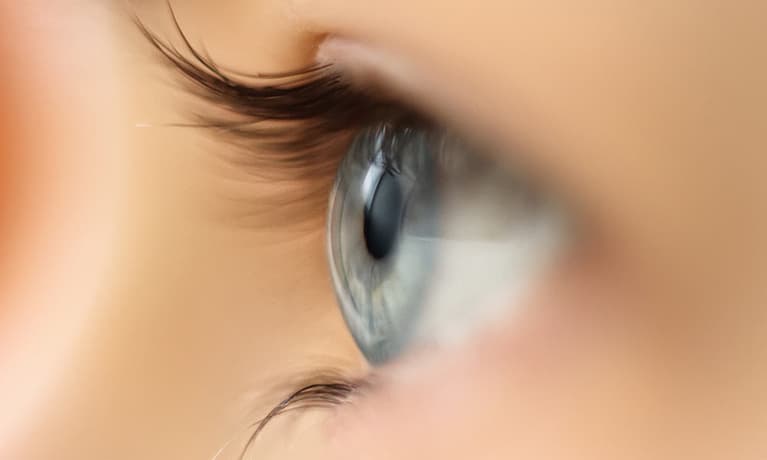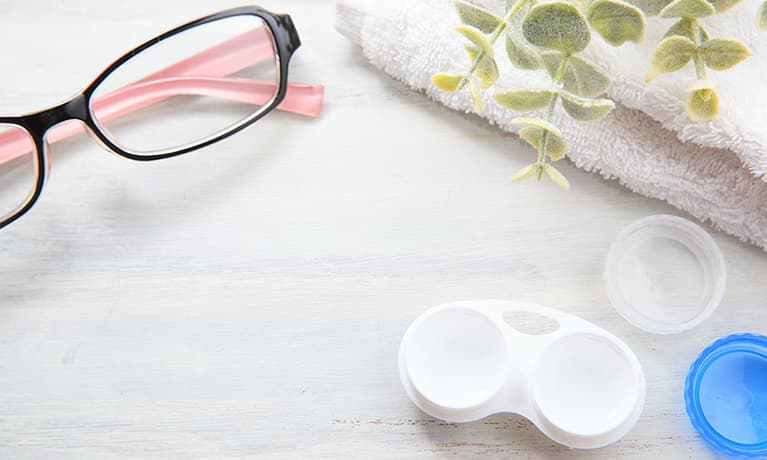 The short answer is maybe, and depends primarily on the type of lens implant you select.
The short answer is maybe, and depends primarily on the type of lens implant you select.
Cataract development is a universal part of aging. When the eye’s natural lens becomes cloudy over time and affects the quality of vision this is referred to as a cataract. Once your eye doctor has examined you and found cataract to be the cause of your visual decline you will begin planning for surgery. You will have some important decisions to make with your surgeon regarding the lens implant and what type of vision you will have after the cataract surgery.
The primary question to consider is: Do I mind wearing glasses?
Single Focus Lenses
If you do not mind wearing glasses or actually prefer to wear glasses than you will likely want to select a single focus lens implant. Although your surgeon can set a single focus lens for distance or near vision, most patients choose to have this lens set for a distance focus. This is the most common lens implant choice and what is covered by your insurance company. If you have mild to no astigmatism, a single focus lens implant will generally give you very good distance vision and most patients are able to drive without glasses. You will definitely need reading glasses for near activities in this situation.
Astigmatism Correcting Lenses
If you have moderate to severe astigmatism you will need a toric (astigmatism correcting) lens implant to be free of glasses for either distance or near activities. Astigmatism correcting lenses are a special type of lens and only have a single focus (usually distance). Astigmatism correcting lens implants are considered cosmetic and have an additional charge not covered by your insurance company.
Lifestyle Lenses
If you don’t like wearing glasses and want to reduce your dependence on them, you should consider a Lifestyle lens implant. There are several types of Lifestyle lens options, but in general these lenses give you a range of vision that may include distance, intermediate and near focus. While it is not always possible to fully eliminate glasses in all situations, a Lifestyle lens can usually allow you spectacle independence in most situations. Not all patients are candidates for Lifestyle lens implants. Conditions that may impact your vision like macular degeneration or glaucoma, will reduce your visual contrast. For these situations, Lifestyle lenses are generally not recommended because the lenses will not perform as well.
Every patient is unique and it is important to discuss your visual needs and desires with your surgeon. Freedom from glasses is an option for many of our patients. We look forward to working with you to provide the best visual outcome after your cataract surgery.

Written by Nicholas Frame, M.D.










